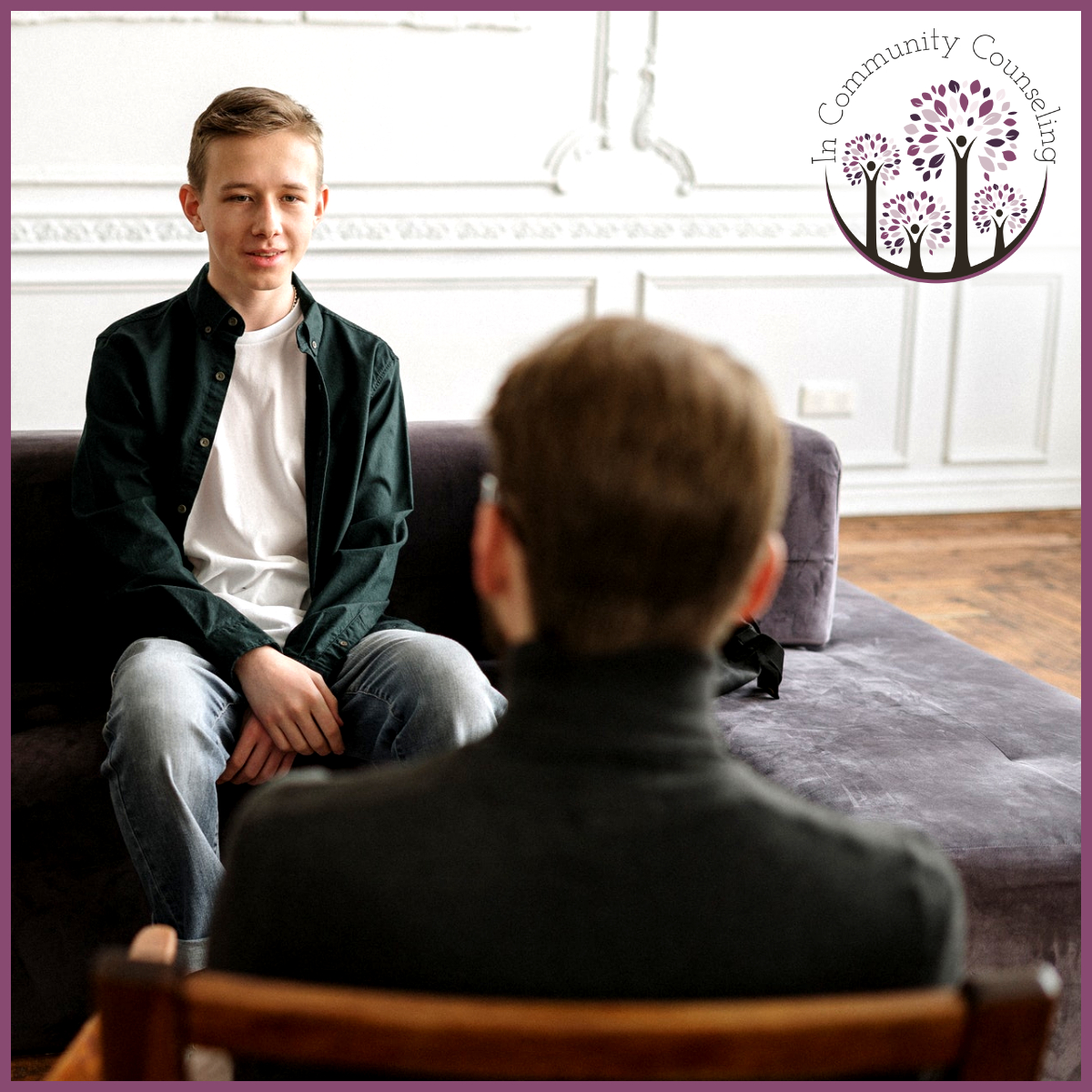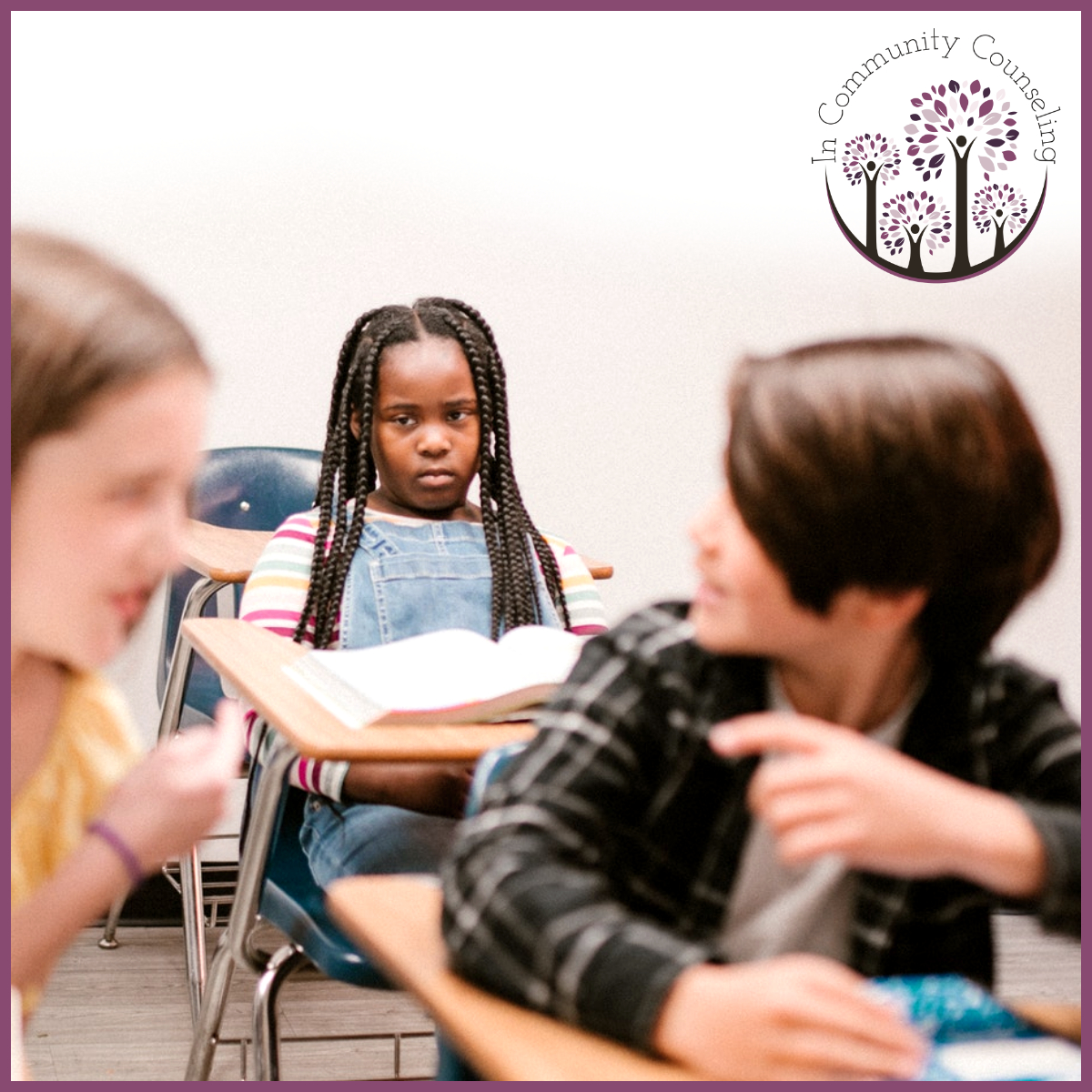Individual counseling provides an opportunity for children and adolescents to work on-on-one for guidance and support to resolve an issue, recover from an upsetting experience, explore thoughts and feelings, examine beliefs and work towards making healthy changes.
“At first I felt everything was out of my control, but now I know better ways to cope with how I am feeling”
“I felt all alone in my pain and that no one would understand what I was going through. Now I know I’m not the only one and I’ve learned ways to cope with these feelings and thoughts.”
Topics you can discuss with Ms. Renee can include, but are not limited to:
- Anxiety
- Attention/Hyperactivity
- Crisis intervention
- Depression
- Eating concerns
- Emotional abuse
- Family life issues
- Grief & Loss
- Life changes
- Mood swings
- Neglect issues
- Pain management
- Physical abuse
- School concerns
- Separation/Divorce
- Sexual abuse
- Sexual concerns
- Sleep disturbances
- Trauma
But how do you know if it’s time to seek treatment and you’re wondering if what your child is exhibiting is just ‘normal kid or teen stuff’? Read on with this great A, B, C, D overview — and then, connect with us on how we can help.

Is it Time to Seek Treatment?
Having trouble deciding if it is time to seek treatment? A basic guideline is to think of (A) Intensity, (B) Frequency, (C) Interference and (D) Duration:
A. Intensity: How intense is the anxiety or stress your child is experiencing?
Does it seem more intense than what you might expect for someone that age in the same situation? Or is it in the range of what you might expect, but given that there are stressful things going on lately they’ve just been more anxious than usual?
B. Frequency: Is anxiety too frequent?
Is it an issue more often than you’d like – almost every day, more days than not? Does the anxiety come up almost every time the person is faced with the situation or thing that disturbs them more than other kids?
C. Interference: Is it interfering?
Think of how it might be getting in the way at school, how well your child is doing academically but also how much he enjoys going to school, how much he’s getting out of the experience, or how he is functioning when in school.
- Is the anxiety getting in the way of your child’s day-to-day activities or school functioning?
- Is it difficult to make new friends, keep friends, or enjoy time with friends?
- What about family relationships? Is anxiety making things tense at home where people are getting into arguments or feeling like they have to “workaround” the anxiety?
- Finally, how much is it bothering your child? Does he seem very distressed because the anxiety is intense? Is your child noticing how difficult things are in different situations? Is it hard for your child to stop feeling anxious or to distract once it starts?
D. Duration: Has it been going on longer than a few months?
Does it last or cause problems even over the summer break in different ways than during the school year?
Reference Link – https://www.copingcatparents.com/blog/89



